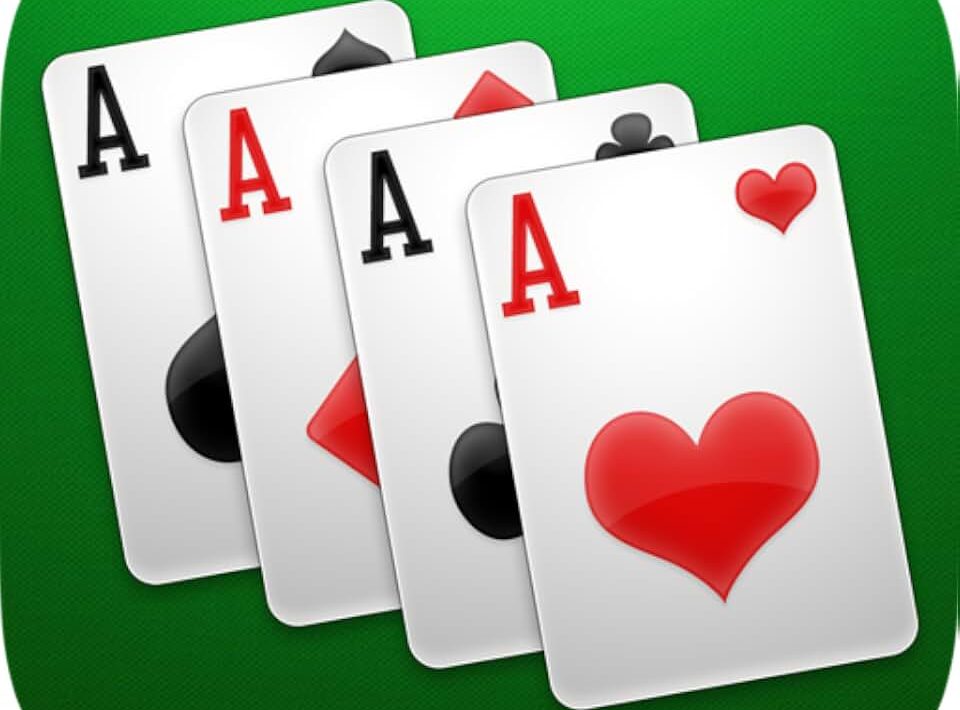For centuries, Solitaire has been a trusted companion to people seeking a balance of challenge and relaxation. What once required a physical deck of cards has now become a staple of digital entertainment. As technology advances, the game remains beloved, not because it constantly reinvents itself but because its core simplicity continues to resonate. In 2025, players around the world still turn to it as a reliable source of joy, calm, and focus. Whether you pick up a deck or decide to play Solitaire online, the timeless appeal of the game proves stronger than ever.
Table of Contents
The Classic Roots of a Timeless Game
Long before it became a digital phenomenon, Solitaire thrived in its analog form. Families played it at kitchen tables, and travelers carried cards in their bags to pass long hours on trains or evenings by candlelight. Its origins date back to 18th-century Europe, where it was seen not just as a pastime but as a way to practice patience and strategic thinking.
The act of arranging cards into order carried a rhythm and mindfulness that few games could match. Players shuffled, dealt, and stacked, finding quiet satisfaction in each successful move. It was never about speed or competition but about personal accomplishment. Even now, many still enjoy the tactile pleasure of playing with cards, but the digital era has expanded the reach of this once-private game far beyond its traditional limits.
How Solitaire Became a Digital Icon
The turning point came with personal computers in the late 20th century. When early versions of Windows introduced Solitaire, it quickly became one of the most recognized and played games in the world. Office workers clicked through rounds during breaks, students discovered it on family desktops, and the game became an unexpected cultural touchstone.
By 2025, the landscape has shifted dramatically. Players can access countless versions across laptops, tablets, and smartphones. Modern platforms feature customizable card decks, vibrant animations, and relaxing soundtracks. Whether at home, commuting, or sitting in a café, anyone can pick up a device and play Solitaire instantly.
What makes this evolution remarkable is how the game has retained its simplicity while adapting to new expectations. Online versions offer global leaderboards, daily challenges, and even tournaments, yet the core experience remains unchanged. A player looking for focus or calm can still enjoy the same gameplay their grandparents once cherished. The option to play Solitaire today reflects not just digital convenience but also the preservation of a tradition in a modern world.
The Mental and Emotional Value of Solitaire
One reason Solitaire endures is the mental balance it offers. Unlike high-stakes or fast-paced video games, Solitaire provides a gentler challenge. It requires concentration, memory, and logical sequencing, but without overwhelming stress. Many people use it as a way to clear their minds, taking a short break from daily pressures by sitting down to play Solitaire.
Psychologists have noted that simple, repetitive games can provide mental health benefits by lowering stress levels and improving mood. Solitaire achieves this through its quiet structure: each card moved feels like progress, and each completed tableau provides a sense of accomplishment. In a world filled with constant notifications and digital noise, Solitaire creates a pocket of calm.
Workplaces, too, have come to recognize its benefits. Employees sometimes use short gaming breaks to refocus their attention. Instead of mindlessly scrolling through social media, playing a round of Solitaire can reset the brain and improve productivity. The game has evolved from being dismissed as a distraction to being recognized as a tool for mindfulness and stress relief.
Solitaire as a Shared Experience Across Generations
In 2025, one of the most surprising aspects of the game is how it connects generations. Older players who grew up with analog decks now share the digital versions with their children and grandchildren. Apps allow families to compare scores, track progress, and even compete in friendly challenges. While many modern video games can feel intimidating to older audiences, Solitaire remains universal.
This bridging of generations reinforces its timelessness. To play Solitaire today is to participate in a tradition that has spanned centuries while also embracing the conveniences of modern technology. It demonstrates how classic forms of entertainment can evolve without losing their identity.
Looking Ahead: Solitaire in the Future
The future of Solitaire promises even more innovation while staying grounded in its familiar design. Developers are experimenting with augmented reality, allowing players to see cards projected onto physical spaces through smart glasses. Others are integrating mindfulness features, pairing the game with calming music or guided breathing exercises. The ability to play Solitaire in new formats ensures its adaptability in a constantly changing digital world.
Yet, the essence of Solitaire is unlikely to change. Whether you shuffle a worn deck or tap through cards on a phone, the joy lies in its combination of chance and strategy, patience and reward. Its adaptability guarantees that it will continue to hold a place in both analog and digital spaces.
By 2025, the beauty of Solitaire is not that it has become something entirely new but that it has stayed true to itself. To play Solitaire is to embrace tradition and innovation simultaneously. It’s a game that belongs equally to quiet evenings at home and to the bustling, connected world of modern technology.

